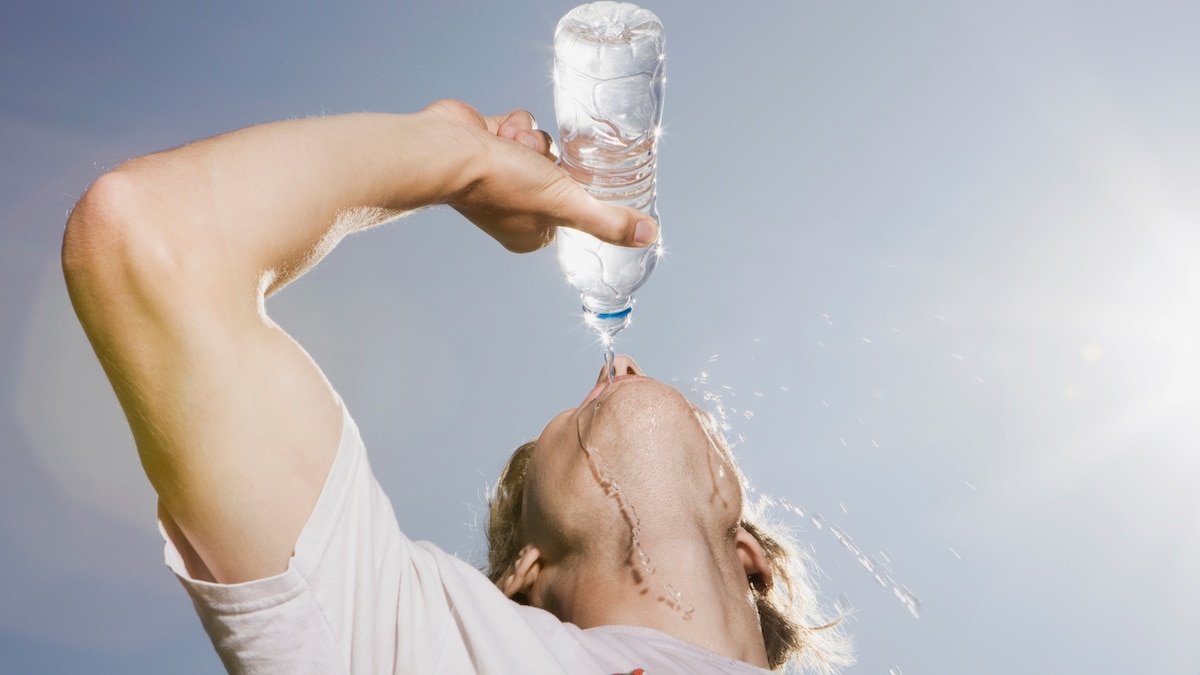Now Reading: 6 Hydration Myths Impacting Your Health
1
-
01
6 Hydration Myths Impacting Your Health
6 Hydration Myths Impacting Your Health

Swift Summary
- Hydration is crucial for bodily functions, including temperature regulation, nutrient transport, and brain function. Proper hydration lowers the risk of chronic diseases and premature aging, according to research by the National Institutes of Health.
- Hydration needs vary based on individual factors like size, activity level, and environment. General recommendations: 11½ cups per day for women and 15½ cups per day for men (Institute of Medicine). Hot weather or exercise increases fluid requirements further.
- Thirst is not always a reliable indicator; mild dehydration can impair cognitive and physical performance even before thirst sets in. Urinating every two to three hours is considered ideal; urine colour can indicate hydration levels.
- Foods such as fruits (e.g., watermelon) and vegetables account for about 20% of daily fluid intake. Smoothies or soups also contribute to hydration.
- Overhydration (hyponatremia) is rare but possible when excessive fluid dilutes sodium levels in the body leading to nausea or severe symptoms like seizures in extreme cases.
- Coffee, tea, sparkling water are hydrating despite common myths claiming otherwise.
- Sports drinks may only be advantageous over water during prolonged/intense workouts lasting more than an hour; electrolytes can be beneficial in specific scenarios.
Indian Opinion analysis
Hydration knowledge directly impacts public health awareness-a critical concern given india’s climatic extremes across summer months as temperatures routinely exceed global averages with heatwaves becoming more frequent due linked climate stress challenges known growing .awareness efforts should prioritise ensuring Indians variety diverse hot humid rural urban alike hence reducing preventable major risks
Stay Informed With the Latest & Most Important News
Previous Post
Next Post
Loading Next Post...


























